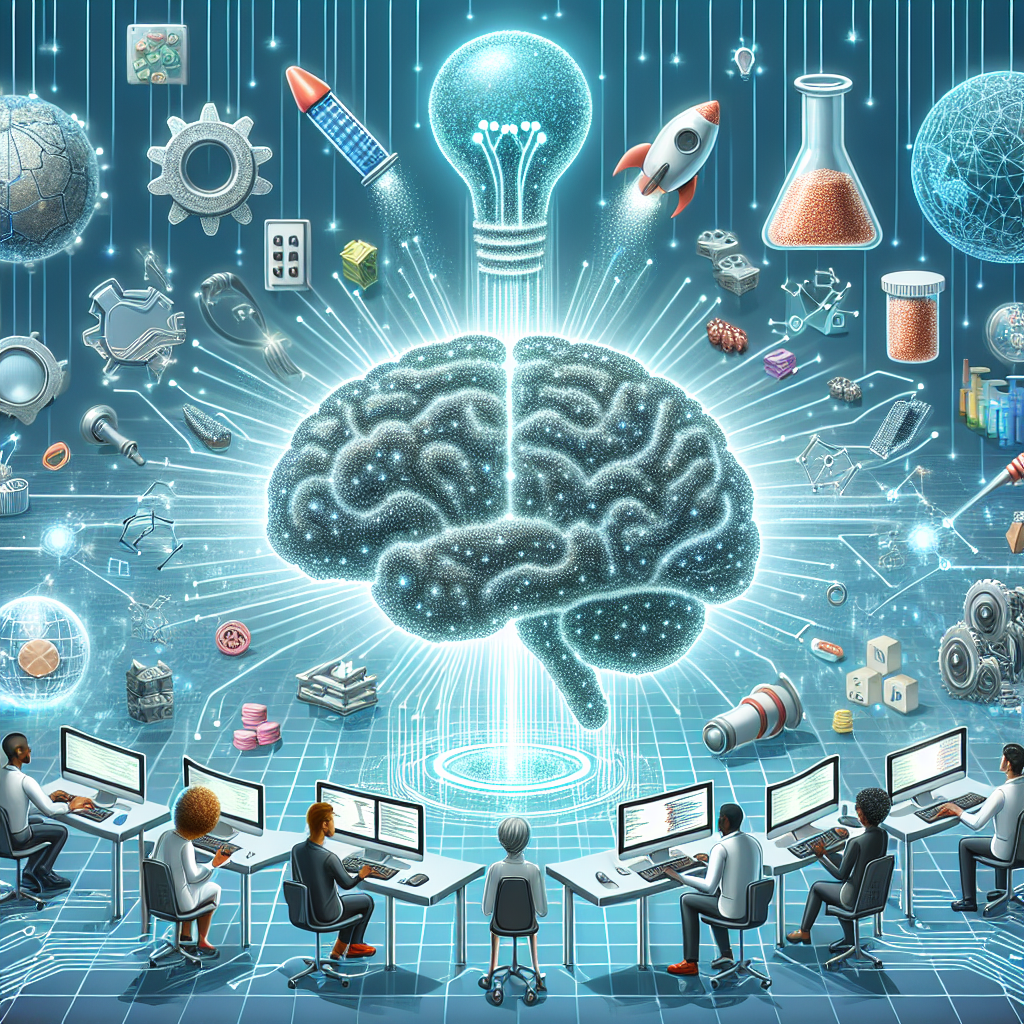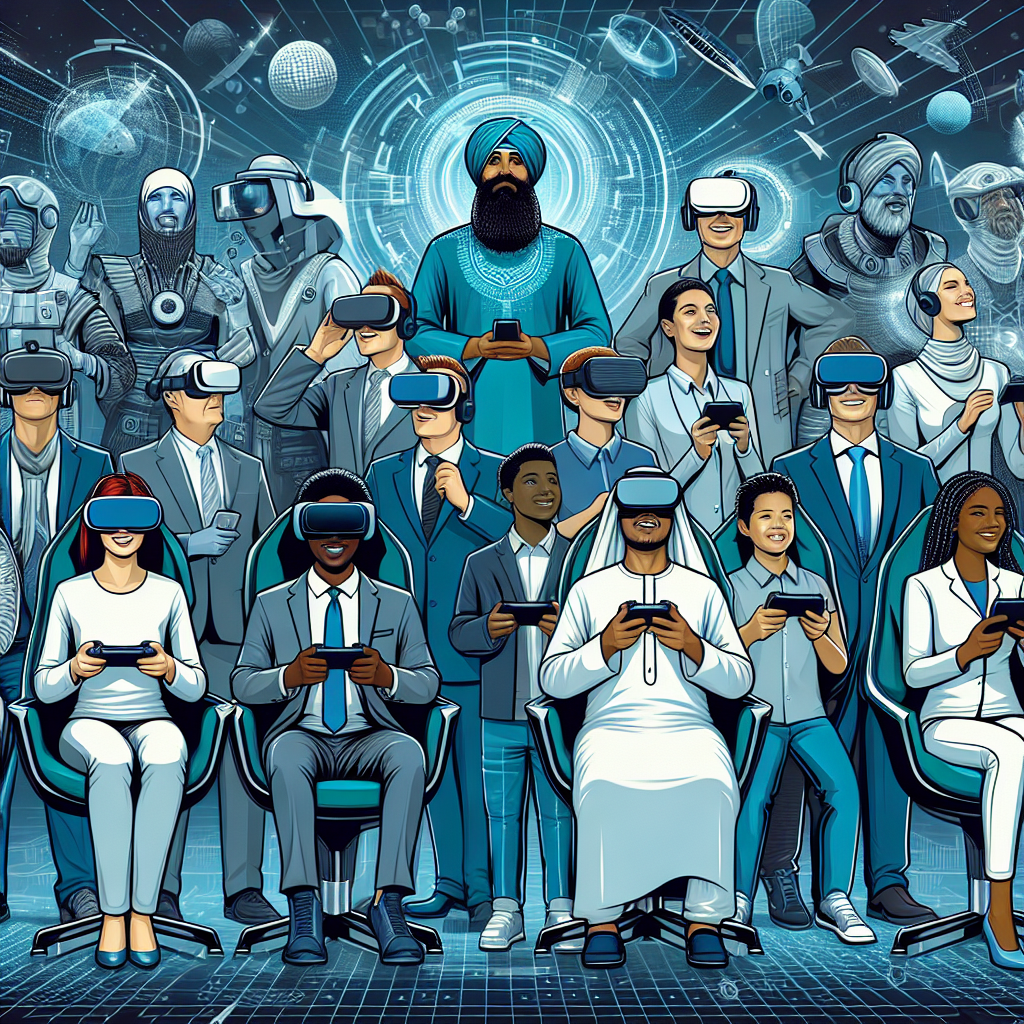
The Basics of Quantum Computing Explained
Quantum computing is a term that has been buzzing around the tech world for quite some time now. You may have heard about it in passing, but do you really understand what it means? In this article, we will break down the basics of quantum computing and explain why it is such a hot topic in the tech industry.
So, what exactly is quantum computing? In simple terms, it is a new type of computing that uses the principles of quantum mechanics to perform calculations. Traditional computers, which we are all familiar with, use bits to store and process information. These bits can represent either a 0 or a 1. Quantum computers, on the other hand, use quantum bits, or qubits, which can represent both 0 and 1 simultaneously. This ability to exist in multiple states at once is what gives quantum computers their immense computing power.
You might be wondering why this matters and how it will affect you. Well, the potential applications of quantum computing are vast and could revolutionize many industries. For example, quantum computers could solve complex optimization problems much faster than traditional computers. This could have a significant impact on fields such as logistics, finance, and drug discovery. Imagine being able to find the most efficient routes for delivery trucks or discovering new drugs in a fraction of the time it currently takes.
Another area where quantum computing could make a huge difference is cryptography. With the increasing threat of cyberattacks, the need for secure communication and data encryption is more important than ever. Quantum computers have the potential to break many of the encryption methods currently in use. However, they also offer the possibility of developing new, unbreakable encryption algorithms. This could ensure that our data remains secure in the age of quantum computing.
Now, you might be thinking that quantum computing sounds like a game-changer, and you would be right. However, it is still in its early stages of development. Building a practical quantum computer is an incredibly complex task that requires overcoming many technical challenges. Scientists and engineers are working tirelessly to develop the necessary hardware and software to make quantum computing a reality.
One of the biggest challenges is maintaining the delicate quantum state of qubits. Any interaction with the outside world can cause the qubits to lose their quantum properties, leading to errors in calculations. This is known as quantum decoherence. Researchers are exploring various methods to mitigate decoherence, such as using error-correcting codes and improving the quality of qubits.
Despite these challenges, progress is being made. Several companies, including IBM, Google, and Microsoft, are investing heavily in quantum computing research and development. They are building quantum computers with increasing numbers of qubits and improving their performance. While these early quantum computers are not yet powerful enough to outperform traditional computers in most tasks, they are laying the foundation for future advancements.
In conclusion, quantum computing is an exciting field with the potential to revolutionize many aspects of our lives. Its ability to perform complex calculations at an unprecedented speed could have a profound impact on various industries. However, it is still in its early stages, and there are many technical challenges to overcome. Nonetheless, the race for quantum computing is on, and it will be fascinating to see how this technology evolves in the coming years.

